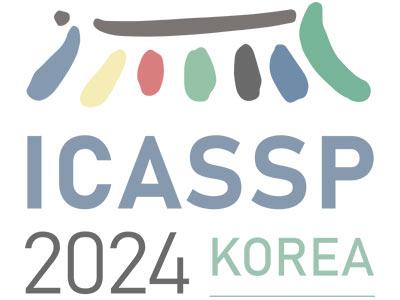
- Read more about JOINTLY LEARNING SELECTION MATRICES FOR TRANSMITTERS, RECEIVERS AND FOURIER COEFFICIENTS IN MULTICHANNEL IMAGING
- Log in to post comments
Strategic subsampling has become a focal point due to its effectiveness in compressing data, particularly in the Full Matrix Capture (FMC) approach in ultrasonic imaging. This paper introduces the Joint Deep Probabilistic Subsampling (J-DPS) method, which aims to learn optimal selection matrices simultaneously for transmitters, receivers, and Fourier coefficients. This task-based algorithm is realized by introducing a specialized measurement model and integrating a customized Complex Learned FISTA (CL-FISTA) network.
- Categories:
 20 Views
20 Views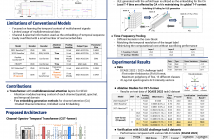
- Read more about CST-FORMER: TRANSFORMER WITH CHANNEL-SPECTRO-TEMPORAL ATTENTION FOR SOUND EVENT LOCALIZATION AND DETECTION
- Log in to post comments
Sound event localization and detection (SELD) is a task for the classification of sound events and the localization of direction of arrival (DoA) utilizing multichannel acoustic signals. Prior studies employ spectral and channel information as the embedding for temporal attention. However, this usage limits the deep neural network from extracting meaningful features from the spectral or spatial domains.
- Categories:
 53 Views
53 Views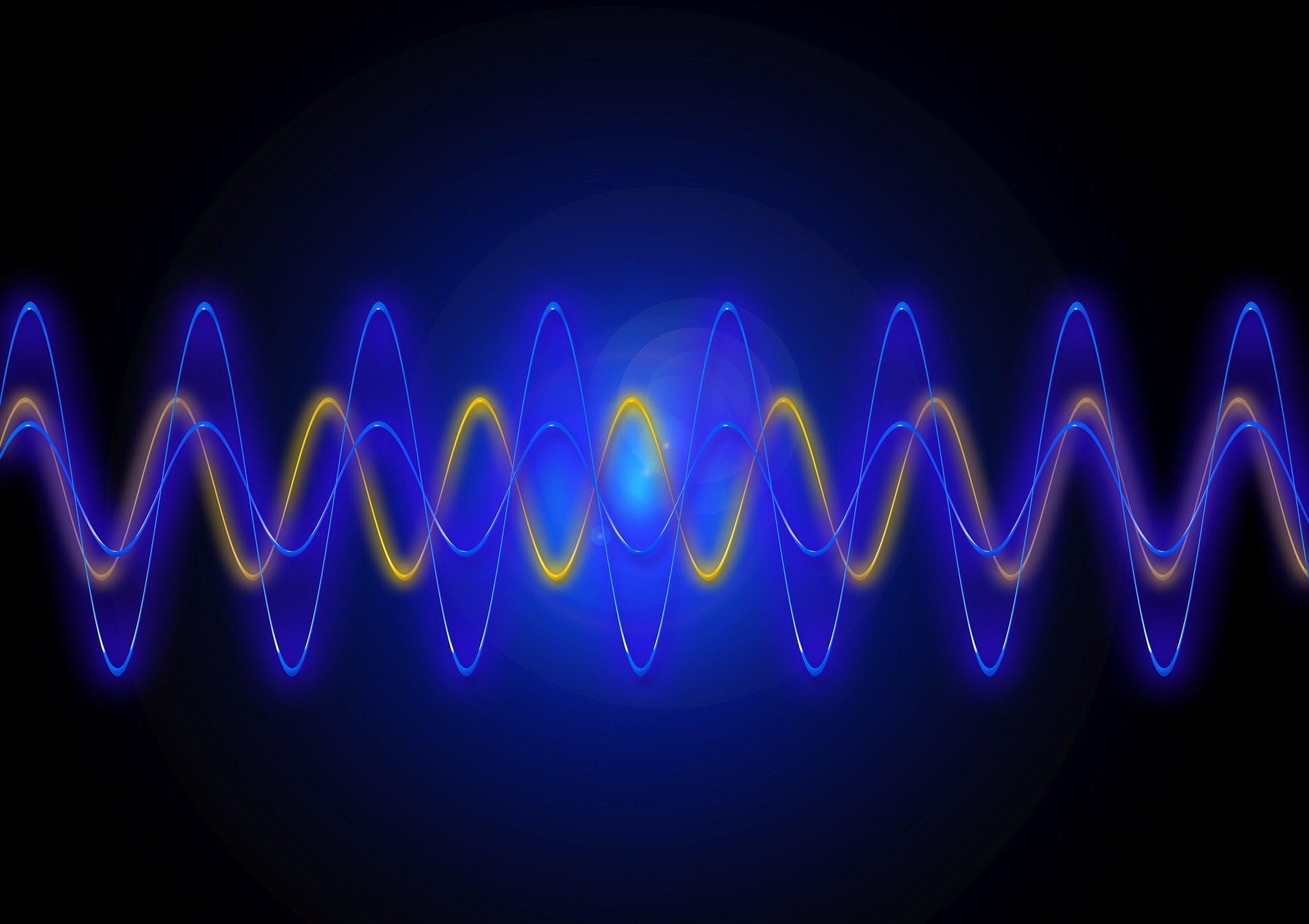
- Read more about All Neural Kronecker Product Beamforming for Speech Extraction with Large-scale Microphone Arrays
- Log in to post comments
Existing frame-wise neural beamformers for speech extraction tasks can obtain promising performance in relatively high signal-to-noise ratio (SNR) scenarios using small microphone arrays, while they still suffer from performance degradation in relatively low SNR environments, e.g., SNR<-5 dB. As an attempt to solve this problem, this paper proposes an all-neural beamformer based on Kronecker product decomposition, denoted by NeuKP-BF, for large-scale microphone arrays.
- Categories:
 13 Views
13 Views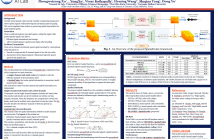
- Read more about SpatialCodec: Neural Spatial Speech Coding
- Log in to post comments
In this work, we address the challenge of encoding speech captured by a microphone array using deep learning techniques with the aim of preserving and accurately reconstructing crucial spatial cues embedded in multi-channel recordings. We propose a neural spatial audio coding framework that achieves a high compression ratio, leveraging single-channel neural sub-band codec and SpatialCodec.
- Categories:
 78 Views
78 Views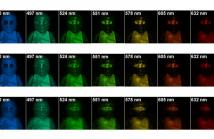
- Read more about Optimized Coded Aperture Design in Compressive Spectral Imaging via Coherence Minimization
- Log in to post comments
The coded aperture snapshot spectral imager (CASSI) system senses spatial and spectral information using a binary coded aperture and a dispersive element, thus the quality of reconstructed hyperspectral images is mainly determined by the structure of coded apertures. Traditional coded apertures (Random, Bernoulli, etc.), encoding hyperspectral images in focal array plane, suffer from suboptimal reconstruction accuracy. Therefore, optimizing coded aperture design improves the reconstruction quality for the scene.
- Categories:
 114 Views
114 Views
- Read more about Identification of Overlapping Echoes of Unknown Shape from Time-Encoding Machine Samples.
- Log in to post comments
We present an algorithm for the resolution of delayed and overlapping pulses of a common unknown shape from multi- channel measurements. We show that just a few Fourier sam- ples acquired by a Time Encoding Machine (TEM) suffice to solve this challenging problem. This acquisition scheme is desired for ultra-low power applications in wearables, such as EMG skin sensor tattoo.
- Categories:
 22 Views
22 Views
- Read more about RIS-aided monostatic MIMO Radar with co-located antenna
- 2 comments
- Log in to post comments
- Categories:
 17 Views
17 Views
- Categories:
 8 Views
8 Views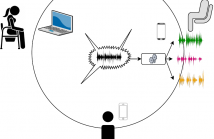
- Read more about DISTRIBUTED SPEECH SEPARATION IN SPATIALLY UNCONSTRAINED MICROPHONE ARRAYS
- Log in to post comments
- Categories:
 15 Views
15 Views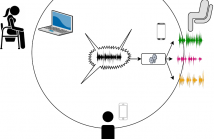
- Read more about DISTRIBUTED SPEECH SEPARATION IN SPATIALLY UNCONSTRAINED MICROPHONE ARRAYS
- 1 comment
- Log in to post comments
- Categories:
 17 Views
17 Views